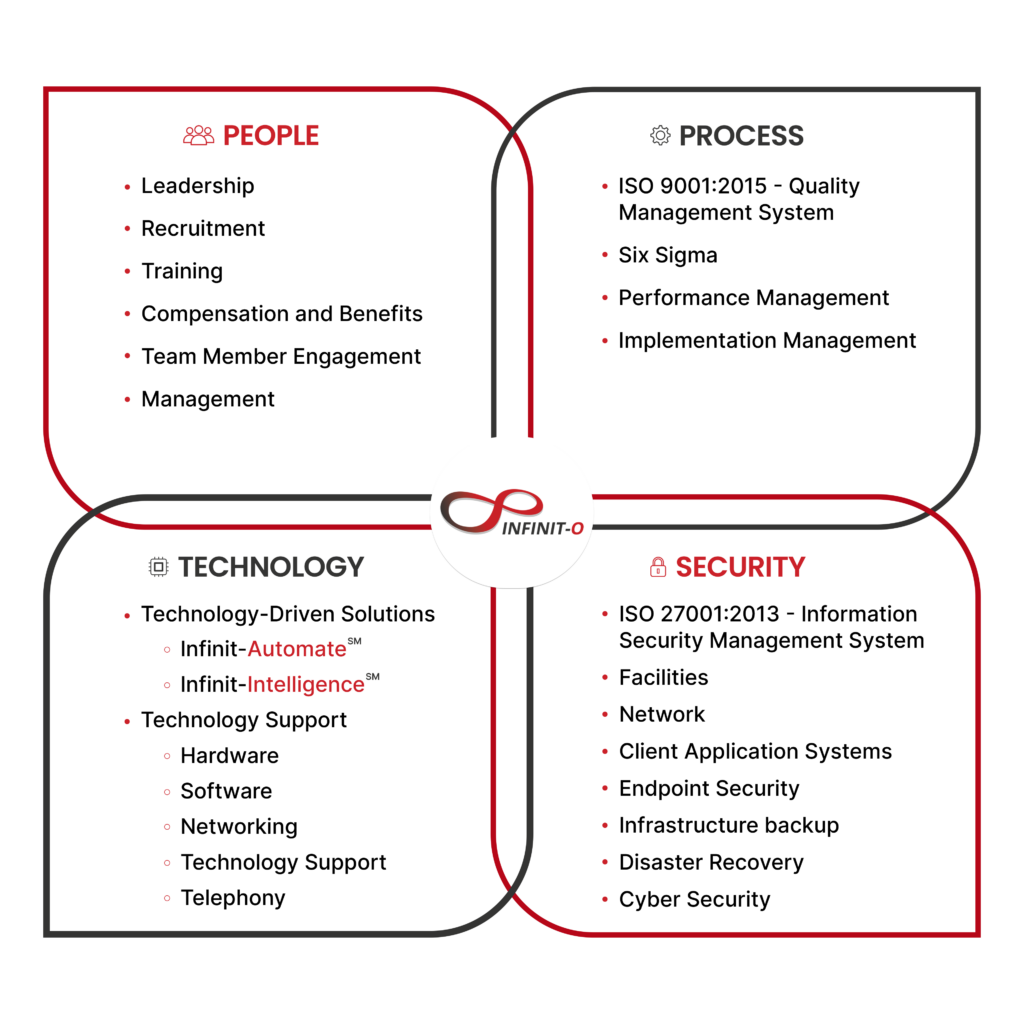7 Common Pitfalls to Avoid When Implementing RCM

Revenue Cycle Management (RCM) in healthcare is an essential tool that enables your organization to run like a well-oiled machine. When all aspects of healthcare practice function as they should—from patient registration to data collection and claims submission—it creates a synergy that benefits both your patients and employees.
Outsourcing RCM frees your staff from preparing documentation reports and other paperwork, which may take them away from more critical, life-saving patient duties. Many healthcare companies also encounter common challenges when implementing RCM in their practice, making outsourcing all the more viable as a solution.
That said, you might want to assess how well RCM works for your healthcare service. Since a poorly implemented RCM workflow can turn benefits into pain points, you want to ensure that these common RCM pitfalls or mistakes are not affecting your team.
Common Pitfalls When Implementing Revenue Cycle Management
1. Treating RCM as the end-all-be-all silver bullet
No doubt, RCM is a powerful mechanism for simplifying processes, boosting team productivity, and improving customer service. RCM’s omnichannel framework makes these business goals possible, such that companies that rely on it boast high customer retention rates at 91% year on year.
Implementing RCM cannot solve your team’s challenges overnight, but if you stick to it for around 12 to 18 months, you’ll begin to see improvements and savings. You’ll only need to prepare your pre-RCM baseline data and post-RCM operating performance results to see the advantages of supporting your business with RCM.
Also, it’s wrong to use RCM as a blanket solution for managing the day-to-day operations of your healthcare business. For instance, insurance company A and insurance company B may enforce different policies, so there may be a need to tweak your RCM approach based on these factors.
2. Fixating on the short term
In line with the previous item, you can only maximize the benefits of adopting RCM if you look at it from a long-term perspective. The nature of healthcare itself means regular or even extended periods of delivering medical services to patients, especially those with chronic diseases.
Imagine if your business’s RCM implementation cannot support the requirements of long-term care. Perhaps you failed to anticipate technological trends like mobile or remote connectivity, preventing patients from registering via an online portal.
Your RCM solution should take these things into account, allowing you to continue your healthcare practice through innovative strategies.
3. Not investing in staff training
The most important people in your RCM initiative are your employees: billing clerks, administrative personnel, clinic receptionists—anyone who interacts with patients and handles their data.
Since you’re introducing RCM into the workflow, your team will have a better RCM user experience if trained in the program to become familiar with the new system or technology. Otherwise, getting the buy-in from your staff can be challenging and, worse, cost you losses in your RCM investment.
4. Not checking for revenue leakages
Payment collection is a core aspect in the healthcare business. Unfortunately, discrepancies can occur. You may have provided services but can’t collect payment because your records are incomplete.
The longer it takes for you to settle the issue with insurance companies, the greater the repercussion is on your revenue process. RCM capabilities ensure that you bill and collect the amount due from insurance providers.

5. Tracking the wrong metrics
The quality of your company’s revenue cycle relies on four metrics:
- No longer than 35 days of accounts receivable
- No more than 14.6% of total ARs for balances beyond 120 days
- Net collection rate of 97%
- No more than 4% of denied claims on the first submission
RCM experts should know and track these metrics to help you determine the financial performance of your healthcare practice.
6. Failing to follow up on collections
One of the most frustrating situations for any business is failing to collect payments on time. In healthcare, only about 62% and 59% of practices manage to check on delinquent claims and file secondary claims, respectively, while others may not have a proper follow-up system in place.
Your chance of settling outstanding bills becomes even slimmer if your follow-ups are too late to let you collect from patients or their insurance providers.
7. Not taking advantage of outsourcing solutions
Many of the RCM pitfalls mentioned can be avoided through RCM outsourcing. This type of solution can improve your billing and collection efficiency and ensure continuous revenue cycles to sustain your business while you focus on medical services for patients.
How Effective Is Your RCM Implementation?
Being in the healthcare industry requires a balancing act. Besides patient care, you have to concern yourself with revenue cycle management, which may fall outside your expertise. Without a thorough knowledge of the best practices in RCM, you may not realize you’re making mistakes in implementing RCM in your organization.
Luckily, you have the option to collaborate with outsourcing RCM services. Through outsourcing, you’ll have a dedicated team of personnel that can stay on top of the various aspects of RCM with utmost efficiency and accuracy. This lets you avoid costly errors that can only delay your processes, negatively impacting your bottom line. You can also look at outsourcing as getting a fresh perspective from experts on how to better operate your practice through more innovative ideas and strategic solutions. Ultimately, this can lead you to become the leader in your industry.
Indeed, the right outsourcing partner can ensure your business and patients benefit from the following:
- Operational excellence
- Build a great, high-performing healthcare team specifically designed for your unique needs
- Operational cost savings of up to 70%
- ISO 27001 and 9001 certified; GDPR, HIPAA, and DPA20212-compliant
- >60 Net Promoter Score: Sense of security and peace of mind

We can build you an RCM team who will manage your medical billing process as efficiently and error-free as possible:
- Medical coders
- Medical billers
- Denial management specialists
- Collections specialists
Let’s work together to build you a world-class RCM team.
Start small. Exceed expectations. Think infinitely. Think Infinit-O.







This site is protected by reCAPTCHA and the Google Privacy Policy and Terms of Service apply.